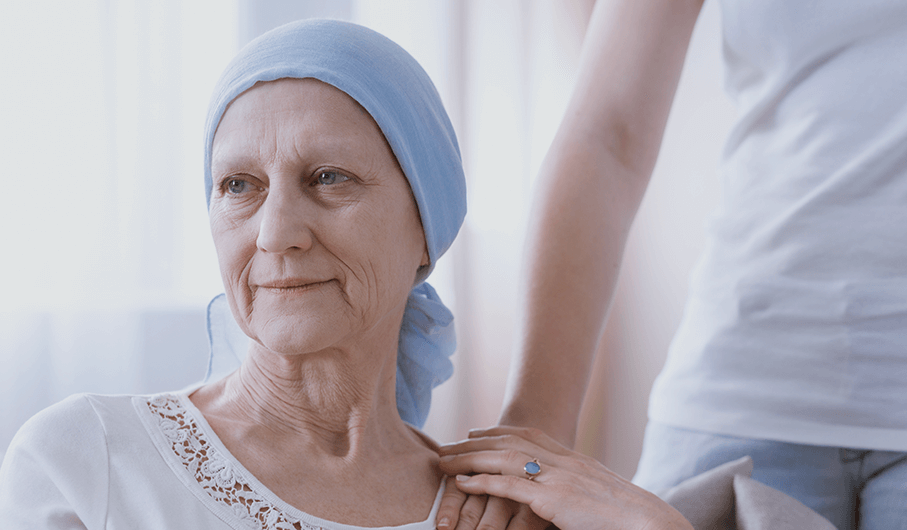
This means maintaining hope while also asking all necessary questions of your doctor and making sure they’re answered honestly and at a level of detail with which you are comfortable. If you haven’t done so already, it is time to take full accountability for your wellbeing and quality of life. Ensure your paperwork is in order, make your wishes known, and, ideally write a living will or issue an Advance Directive*. This is the time to use your willpower, fortitude and wisdom to make the right choices - for yourself and your loved ones.
Together with the guidance of medical experts, you can decide the way forward. Here are some of the questions you may want to discuss:
Remember that this process aims to ensure you are able to have an honest and forthright discussion with your doctor. Discovery Health offers a unique and comprehensive basket of palliative care, (once curative treatment has been stopped and you have been enrolled on the Advanced Illness Benefit), to encourage and to cover Home-based Care in full. Although members always have the option of being admitted to hospital, Discovery Health data shows that, to date, more than 60% of Discovery Health medical scheme members enrolled on the AIB programme choose to be cared for at home or in a Hospice facility.
Members enrolled on the AIB are assisted by a dedicated Care Co-ordinator who will support you and your family, to ensure holistic palliative care and seamless logistics. The Discovery Health AIB will cover the costs of the professional services of the palliative multi-disciplinary team, including home visits by a primary responsible palliative care doctor, and psycho-social care.
*Reading resources: Ellen Goodman; The Conversation Project
*Advance Directives are written, legal instructions regarding your preferences for medical care if you are unable to make decisions for yourself. They guide choices made by doctors and caregivers if you're terminally ill, seriously injured, in a coma, in the late stages of dementia or near the end of life.